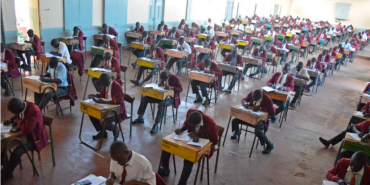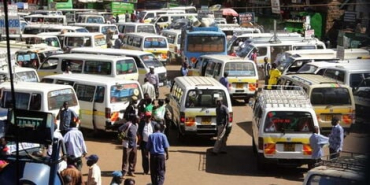Power Struggle Over Nairobi's Public Toilets Reaches Breaking Point

Nairobi residents relying on public toilets in the central business district (CBD) are facing significant disruptions following the unexpected closure of three vital facilities.
The washrooms, located at the National Archives, River-road (Coast bus), and Koja areas, typically serve hundreds of users daily and charge a nominal fee of Sh10. On Wednesday, police and county enforcement officers were seen stationed outside these facilities, where notices announced their temporary closure. This action follows increasing tensions and clashes between rival groups vying for control over the toilets, which have been managed by organized self-help groups.
The conflict revolves around the management tenders for these public toilets. Tenders for management had been set with a deadline initially scheduled for December 2024, but pressure from various stakeholders prompted an extension to December 19, 2024. Despite this adjustment, disputes remained unresolved, leading to police intervention on January 15 to mitigate potential violence between competing factions.
A senior officer from the county notes that the situation escalated to the governor's office for intervention. He expresses concern that allowing the groups to operate without oversight could lead to severe confrontations and potentially threaten lives. The intervention aims to safeguard public safety and maintain order amidst the tensions.
These closures expose the ongoing challenges surrounding public toilet management in Nairobi's CBD. Previously neglected facilities had become problematic, serving as shelters for criminal activity and street families until revitalization efforts under private management improved their conditions. However, the limited availability of public toilets has intensified competition and frequent disputes over their management, driven by the significant revenue generated by these facilities.
In September 2024, Mureen Njeri, head of the County Subsector of Water and Sanitation Services, convened with public toilet operators to discuss pressing issues about hygiene, sanitation, fee adjustments, and contract renewals. Nevertheless, management conflicts have persisted, highlighting the need for more transparent regulatory processes. The closure of these essential services has forced residents to seek alternative restroom options in nearby hotels and bars that accommodate public access.
In 2023, Nairobi's environment department announced plans to construct new toilets and refurbish existing ones within the CBD to alleviate the deficit. However, progress has been notably slow, with ongoing disputes over management control remaining a recurrent issue.














Add new comment